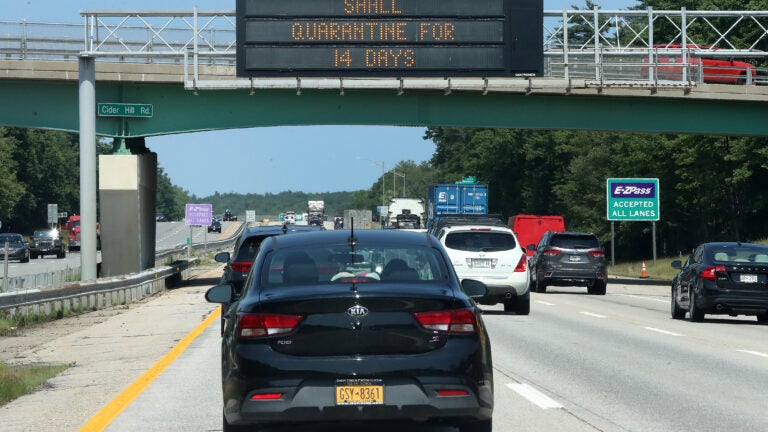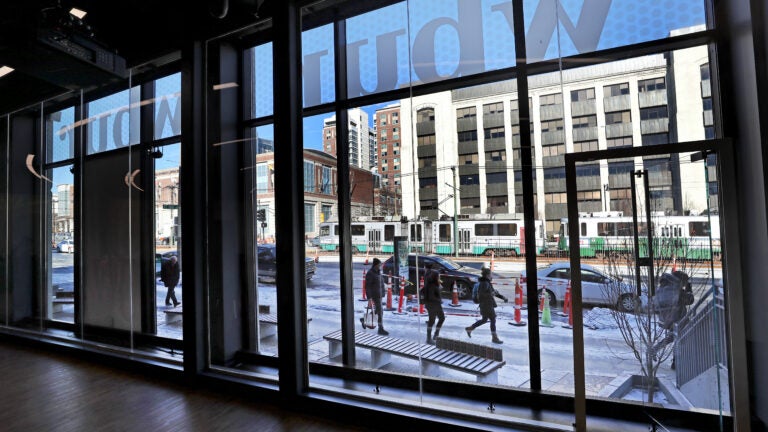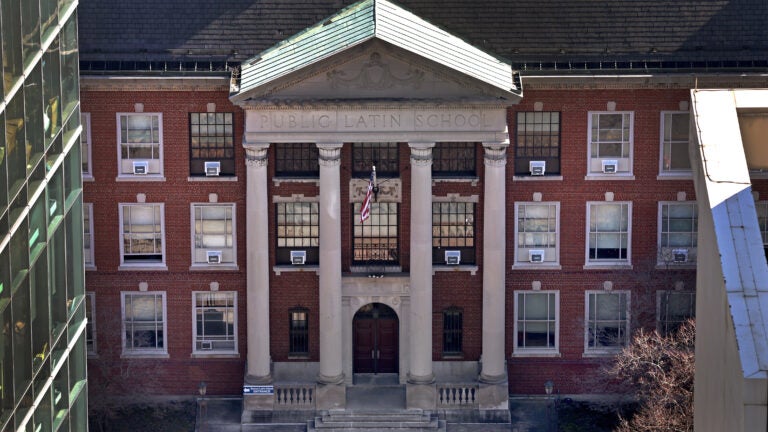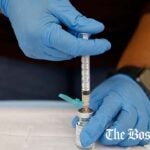Charlie Baker is ‘surprised’ Maine did not exempt Massachusetts from quarantine order
Maine says Gov. Janet Mills is "confident" about the decision.

To those wondering why Maine is exempting visitors from states like Connecticut, New York, and New Jersey — but not Massachusetts — from its 14-day quarantine requirement, you’re not alone.
“I don’t know the answer to that question,” Gov. Charlie Baker told reporters Thursday, when asked about the decision by Maine Gov. Janet Mills.
“I’m going to call the governor of Maine today, and I’m going to ask her and see what she says,” Baker said.
The Mills administration announced Wednesday that, beginning Friday, it would no longer require out-of-state visitors from Connecticut, New York, and New Jersey to quarantine for 14 days or show proof of a negative COVID-19 test within the last three days.
The state has also previously extended exemptions to visitors from New Hampshire and Vermont, leaving Massachusetts and Rhode Island as the only New England states whose residents still have to abide by the order, which comes with the ostensible threat of a $1,000 fine or even jail time.
The new exemptions also came a day after Massachusetts updated its 14-day quarantine advisory to exempt visitors from all New England states, including Maine, plus New York and New Jersey, which have similarly seen the rate of positive COVID-19 tests and new cases dramatically decline.
Maine, however, is not returning the favor.
“In reviewing the objective metrics over recent days and weeks, the States of Connecticut, New Jersey, and New York demonstrate low positivity rates and other encouraging trends in the prevalence of the virus,” Mill said in a statement Wednesday announcing the exemptions.
But as Baker noted Thursday, the Bay State has also made progress on those metrics.
“I’m surprised to hear that given our positive test rate and everything else,” he said.
According to Massachusetts Department of Public Health data, the state’s seven-day “weighted average” for positive test rate has been 2 percent or lower since June 18 (it currently stands at 1.8 percent).
New Jersey’s self-reported daily positive test rates have also hovered around — if not exceeded — 2 percent in recent days, while the positive test rate in Connecticut and New York have averaged close to 1 percent over the last week, according to their data.
Jackie Farwell, a spokeswoman for Maine’s Department of Health and Human Services, told Boston.com that the Mills administration’s basic approach “is to identify states where residents are generally as safe as those in Maine” According to Farwell, the approach “relies on the totality of evidence.”
“The weekly positivity rates and new cases per million over the prior 14 days are central to our analysis, but it also includes other measures and qualitative factors, such as whether hospitals in a state report concerning trends beyond those captured by data, which allows the Administration to develop a more complete picture of the risk posed to public health,” she said.
Farwell also cited data from the COVID-19 Tracking Project that found the positive test rate for Massachusetts from June 23 to June 30 was was 2.4 percent, “higher than in all other Northeast states.”
The 2.4 percent weekly positive test rate for Massachusetts is also reflected by data collected by Johns Hopkins University, which is indeed higher than other Northeast states — if only barely.
According to the same data set, the weekly positivity rate for both Maine and New Hampshire is 2.3 percent.
“Governor Mills is confident in the assessments done by her public health team, and if Massachusetts would like to further discuss these data, she has no objection to their public health officials talking to ours,” Farwell said.
As of Thursday evening, Baker’s office had not responded to an inquiry about whether Baker did indeed follow up on his plans to reach out to Mills.
Farwell did note that the 14-day quarantine requirement does not prohibit Massachusetts residents from traveling to Maine, even if it has affected Bay Staters planning their July 4 weekend in Vacationland.
“Maine wants to welcome them, which is why we are providing the testing alternative to the quarantine requirement,” Farwell said.
However, as The Boston Globe reported earlier Thursday, many Massachusetts residents have run into challenges accessing quick-turnaround tests, due to the rules at different testing sites.
“We urge Massachusetts to make sure that testing is widely available,” Farwell added.








Conversation
This discussion has ended. Please join elsewhere on Boston.com